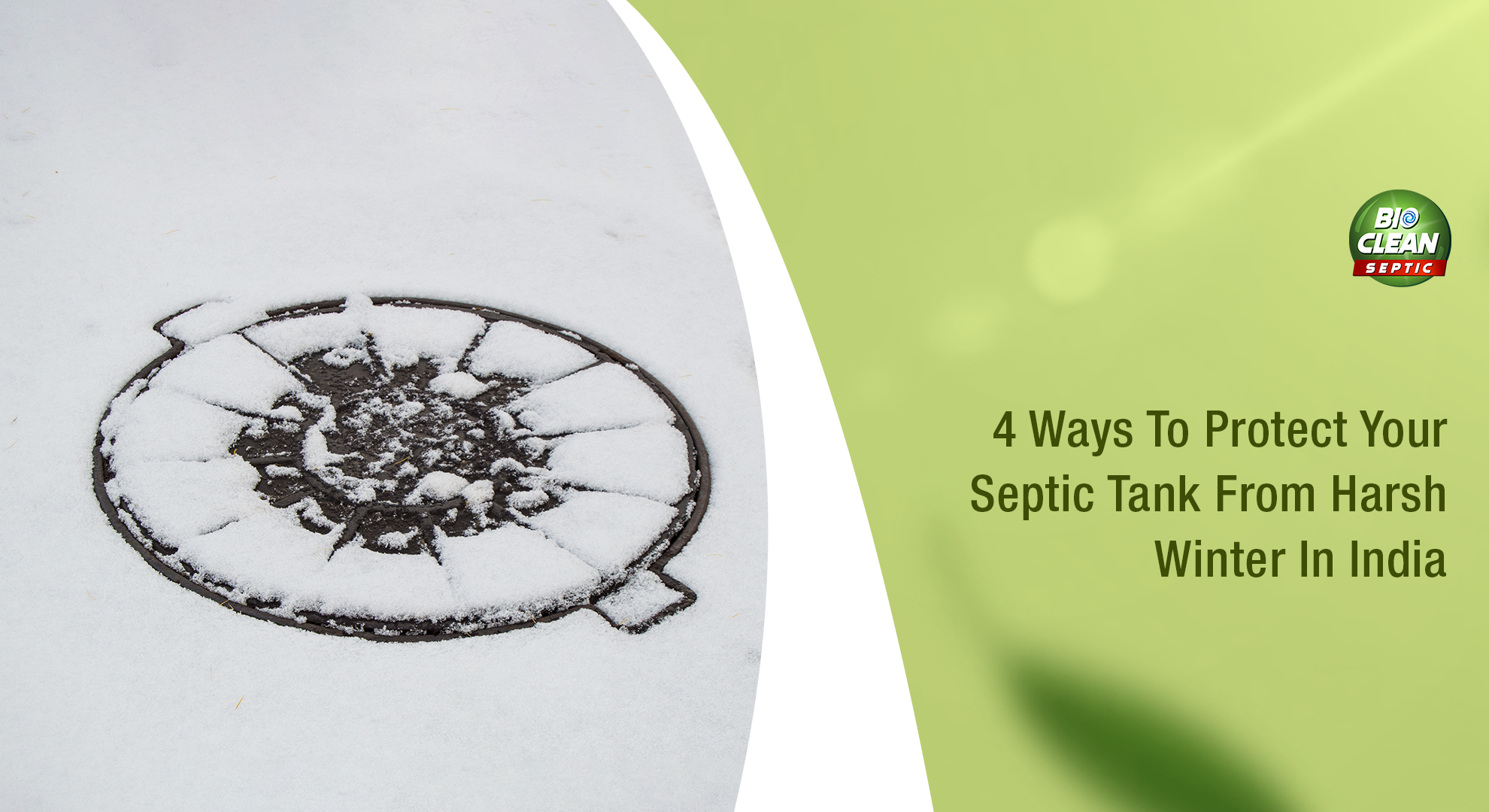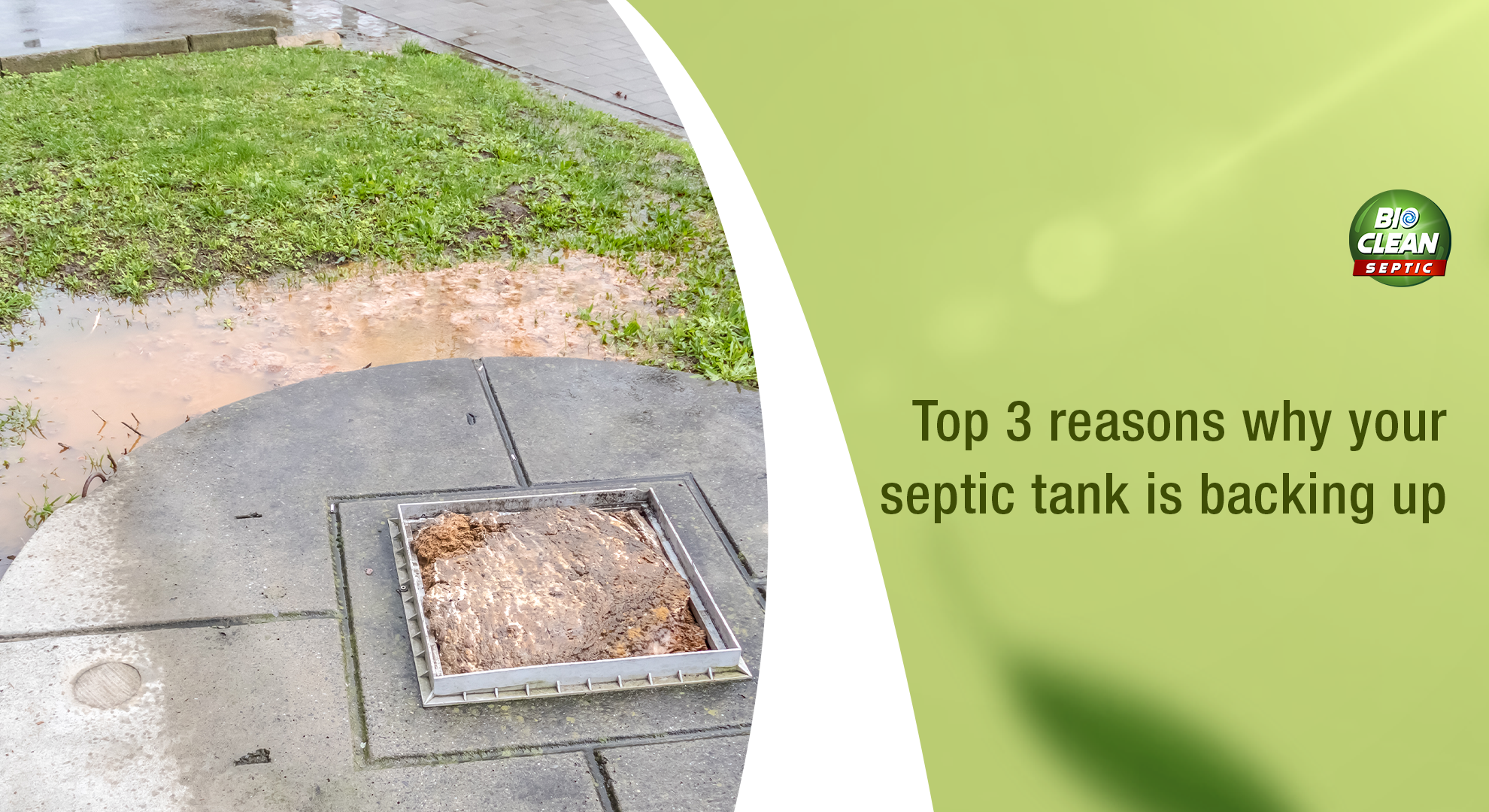Your septic system is such an essential element of your home. It’s natural to want to do everything you can to keep it functioning smoothly. The usefulness of septic tank additives is hotly debated. The most common reason consumers are warned against additives is the mistaken belief that a septic tank additive eliminates the need for pumping or other maintenance operations. While additives improve sewage system efficiency and durability, the septic system owner must still follow the regular pumping schedule. Regular inspection and pumping are required to keep your tank in good shape.
A septic system must be professionally inspected once every 1 to 3 years, depending on the system type. The tank is pumped to remove solid waste once every 2 to 5 years, depending on your household size, usage of the tank and the climate.
People rely on septic tank additives to clean their septic tanks. The most common myth around additive is that it eliminates the need to pump your tank and that chemical additives can solve your septic tank issue permanently. Before jumping to that conclusion, let’s understand the different types of septic tank additives.
What are the different types of additives?
Septic tank additives are designed to benefit either the septic tank or the drain field. There are two types of septic tank additives:
-Biological Additives
-Chemical Additives
These additives are utilised to speed up the sludge breakdown in your drains and septic system.
Chemical Additives
The chemical additives contain organic and inorganic products that break down the scum or sludge layer, regulate odour, or restore a clogged drain field. These additives mainly include household drain cleaners and degreasers. As septic tank experts, we do not recommend using chemical additives as there are disadvantages to using them
- They destroy the beneficial bacteria in the tank.
- Disrupts the pH balance in the tank.
- Leads to septic tank malfunction.
These are more harmful than biological additions since they frequently disrupt the pH balance in the tank, killing the bacteria that the tank requires to function appropriately.
The ones that do work interfere with the waste separation process. For example, dissolving the scum layer can cause scum to seep into your soil and groundwater. At worst, they also damage the system’s pipes and other components.
If you notice a foul odour or pooled water around the drain field, or if your drains are running slowly, it is a sign of septic tank malfunction.
Natural Additives
Biological additives will provide additional bacteria to your waste, allowing it to successfully break through more sewage in your septic tank.
They are usually in the form of a bacterial consortium. A well-prepared waste treatment additive will contain a diverse range of healthy microorganisms and critical nutrients to enable them to multiply and produce enzymes.
Each species of microbe produces enzymes to target different types of waste. These are primarily:
- Protein
- Cellulose (paper and vegetable waste)
- Fats, oils and grease.
- Starch and sugars.
However, biological additives will work exceptionally well if you also flush the right things and actively care for your septic tank!
What do Septic Tank Additives do?
The bacteria in the septic tank are critical to the system’s operation. Oils, fats, and organic substances cannot be broken down without them. Septic tank chemical additives are advertised to clean your septic tank, eliminate odours, and prevent your septic system from malfunctioning. Still, they are only a temporary solution, not a permanent one. Since chemical additives destroy the beneficial bacteria in your septic tank, it leads to malfunction and over time you might have to replace the tank which could drain your savings. Any additives, such as drain cleaners, disinfectants, or bleach, might kill all of the healthy bacteria in the tank, putting the septic system at risk. They also interfere with the solids settling in the tank, increasing the system’s risk of failure.
So, Are Septic Tank Additives Necessary?
If you flush the right things into your septic system and maintain your septic tank, you may not need to use a septic tank additive all of the time. However, the level of toxins emitted in modern residences, such as chemicals, food waste, and cooking fats, provide a persistent threat to bacteria in the septic system. That’s why high-performance natural additives like Bioclean Septic are a cost-effective solution. It has a natural formulation that promotes the growth of good bacteria and breaks down the faecal matter to ensure your septic tank functions smoothly.
Conclusion
Chemical septic tank additives harm the septic tank by killing good bacteria and polluting the environment. It is best to avoid them altogether. Biological additives, on the other hand, are harmless for the environment and the septic tank and assist in increasing the septic tank’s efficiency and longevity.
If you want to know more about Biological additives, head to our website https://biocleanseptic.in/
AUTHOR’S NOTE




